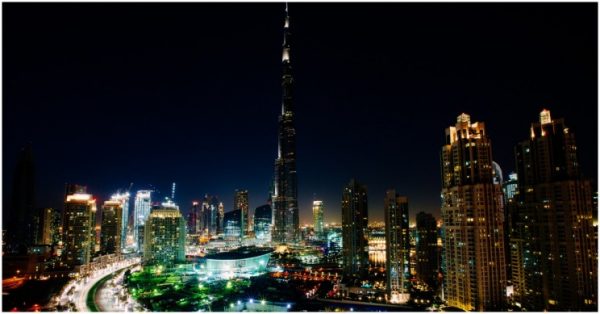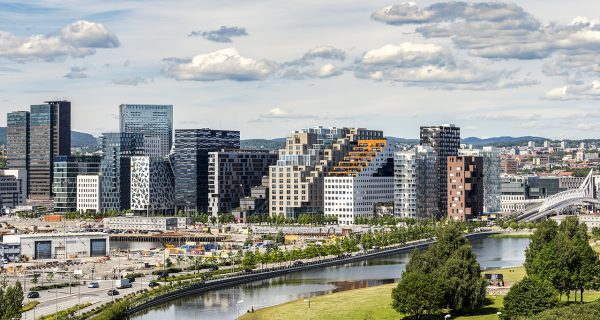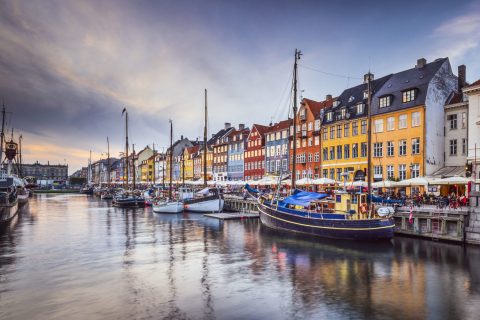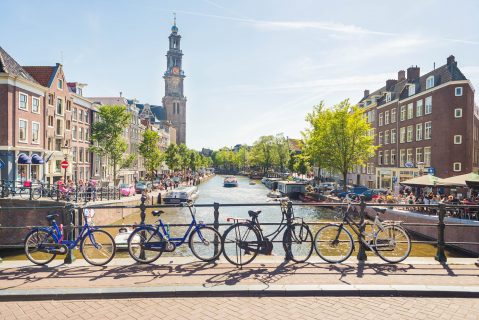The idea of smart cities is revolutionizing the way people live in urban centers. Cities around the world are embracing technology to tackle challenges that come with increased population in urban centers. Challenges that cities face include the provision of water, sanitation, energy, among other basic things. Using technologies like Internet of Things (IoT) as well as integrating the population into new systems, cities are becoming more livable. Below are the top 10 smart cities in the world;
1. London

London tops the list of top smart cities in the world. The UK capital has more start-ups and programmers than any other city in the world. The city performs well in many areas including urban planning, technology, mobility and transportation, and human capital.
London has the Civic Innovation Challenge, which is an innovation incubator platform for start-ups to come with solutions to several urban challenges. In addition, the city has a program called Connected London that seeks to accelerate 5G connectivity to the entire city. There are also plans to offer open access to Wi-Fi in public buildings and on the streets.
2. New York

New York ranks high in the top smart cities in the world thanks to its booming economy, mobility and transportation, and urban planning. The city has a pilot program that seeks to install hundreds of smart sensors and a low-power wide-area network throughout several business districts. Through the program, the city intends to use data to manage trash pickup by using sensors to monitor when cans are full.
The city has invested in robust digital infrastructure to support its smart initiatives. It offers free public Wi-Fi in various locations across the five boroughs, enabling residents and visitors to stay connected and access information on the go.
3. Singapore

Singapore is a city-state in Southeast Asia and is the most densely populated city in the world with around 8,000 per square kilometer. The county is facing an acute shortage of workforce and the investment in digital technologies is meant to increase productivity in the country. Singapore has the Smart Nation Vision, whose main mandate is to collect data through sensors that are linked to aggregation boxes. Examples of data collected include pedestrians and traffic, which is then sent to government agencies for analysis, planning, and service delivery.
Singapore boasts a robust digital infrastructure that forms the backbone of its smart city initiatives. The city-state has extensive broadband connectivity and widespread high-speed internet access, enabling seamless communication and data exchange.
4. Dubai

The United Arab Emirates has an ambitious plan to digitize all its government services including infrastructure, electricity, transport, communications, economic services, and urban planning. These initiatives are contained in the seven-year Dubai 2021 plan. The country currently has 90% of its services digitized and can be accessed through the DubaiNow app.
Dubai’s government has implemented numerous smart governance initiatives to enhance public services and promote efficiency. The city utilizes advanced technologies such as artificial intelligence (AI), blockchain, and data analytics to streamline administrative processes, improve decision-making, and ensure transparency in government operations.
5. Oslo

Oslo, the capital city of Norway has regularly featured in the list of global smart cities. The city has been on the frontline to address climate challenges, which has seen embrace digital sustainable means. Buildings in Oslo consume 40% of the city’s energy. As part of its sustainability and digitization strategies, the city is embracing the use of sensors to control heating, lighting, and cooling.
6. Copenhagen

Copenhagen is quickly moving towards smart development integrated with aggressive environmental and sustainability policies. The Copenhagen Solutions Lab, which is behind the city’s digitization policies, was awarded in 2017 for being able to monitor air quality, traffic, energy use, waste management, among others. The digital platform connects traffic lights, parking systems, smart metering, buildings, and charging systems for electric vehicles.
7. Boston

Boston was among the pioneers to experiment with smart cities. The city launched the Innovation District at the seaport in a bid to spur public innovation. The Innovation District has created more than 200 start-ups. The city digitization strategy is centered on “participatory urbanism,” which involves using apps to report service issues, receive parking information, and communicate with each other.
8. Amsterdam

For long, Amsterdam has embraced several aspects of smart city technologies. The city has developed an open database with 12,000 datasets collected from all urban districts. The city has developed its IoT Living lab, which is a 3,700-square0-meter complex fitted with IoT-enabled beacons that can be used to access data using Bluetooth devices. The beacons use LoRaWan, a machine-to-machine protocol, to send data packets to distances reaching three kilometers.
